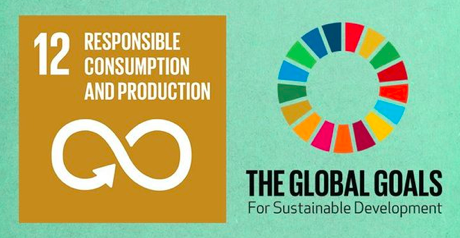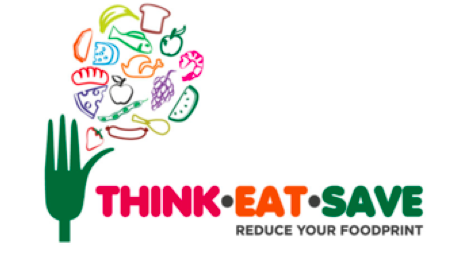Food is one of the most important basic needs humans have. Here in the western world we are often not in short of food. We are free to buy the food we want and like. This in contrast to the 1 billion humans who go undernourished and another 1 billion hungry. A lot of people do not understand or consider the impact that our dietary choices and habits have on the environment. In order to explore this a bit further, we want to take a look at global food waste.
One of the seventeen sustainable development goals addresses this issue namely SDG 12: responsible consumption and production. This goal urges that we change the way we produce and consume goods and resources. My focus will be on the global food waste and what you can change yourself to be more thoughtful in your dietary choices and habits.
The issue of food waste
1/3 of the food produced yearly is wasted, this accumulates to 1.3 billion tons of food per year. This food waste leads to the following consequences:
- Waste of resources: land degradation, unsustainable water use and overfishing all lower the ability of the natural resource base to supply food.
- Negative effects on the availability of food for others: 25% of all wasted food could feed the 795 million undernourished people around the world.
- Waste of money: estimated amount of US$1 trillion dollars of wasted or lost food.
- Negative effect on the environment: Food waste produces 3.3 billion tons of carbon dioxide, which quickens global climate change.
What can you do?
5 years ago the united nations environment programme launched a global campaign to reduce food waste and food losses around the world. It is called Think Eat Save and it makes consumers aware on how to reduce their foodprint.
A few possibilities are:
- Shop smart: Use shopping lists, check what you already have at home before going to the supermarket, plan meals and avoid impulse buys.
- 2. Buy funny fruit: A lot of fruit is thrown out because their shape, size or colour is not regarded as ‘right’. If you buy this perfectly good fruits you will consume food that will probably otherwise go to waste.
- Understand expiry dates: Best-before dates are often just manufacturer suggestions for peak quality. This means that most food can be safely consumed after these dates.4. Eat leftovers: if you have cooked too much food just keep it for lunch the next day. You can also freeze it in and eat it a week later. This is especially important with bread, bread is one of the most thrown out food and by just freezing in bread this waste can be reduced.
- Make others aware
- Download apps: In the Netherlands there is the ‘no food wasted app’(dutch: afgeprijsd app). This app shows which products are nearing their expiration date in one of the supermarkets close to you. This enables consumers to buy food with a discount that otherwise will be soon thrown out. So a win-win for the supermarket and consumer.
The take-away is that by being more mindful and aware of your own habits you can reduce your own footprint. This is better for both, the environment and also for your own wallet!














